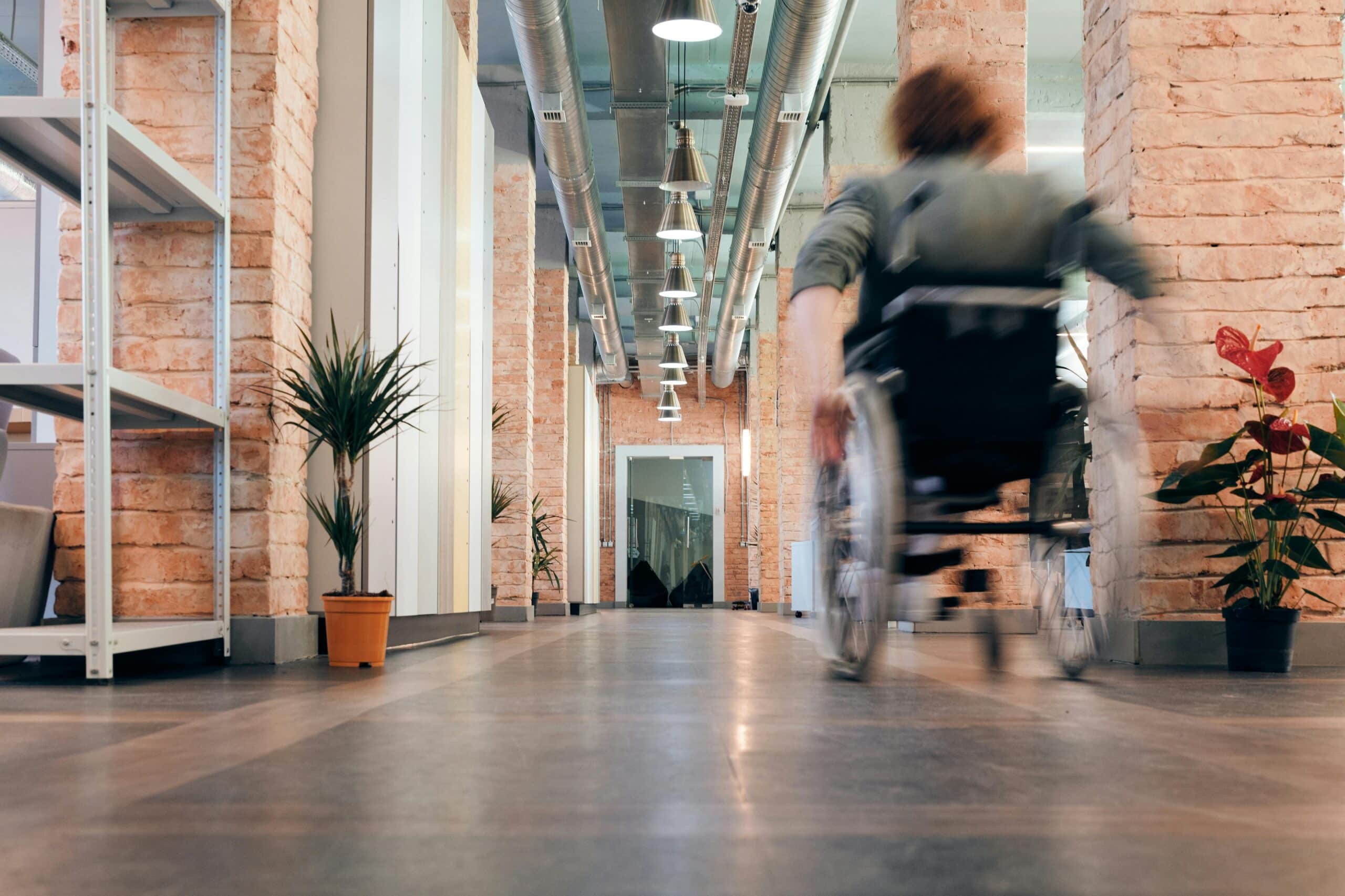Safety hazards are workplace dangers which could injure employees. Lineworkers face specific safety hazards that could leave them with life-altering injuries. These injuries are both painful and extremely expensive. Not only will you face substantial medical bills, you may be out of work and not earning a living, making it difficult to support yourself.
What follows is a brief discussion of some of the most common safety hazards faced by lineworkers. If you or a loved one has been injured in any of the following ways, or any other way, you may be entitled to compensation under your employer’s Workers’ Compensation policy.
1. Electrocution
Lineworkers deal with live wires and electrical equipment daily. Electrocution is a common danger presented to this type of work.
Preventing electrocution is easier said than done, and it begins with your employer setting safety standards and best practices. They must provide you with safety equipment, including gloves and footwear. Remain vigilant. Things can go wrong on a moment’s notice and you need to be prepared to react quickly and safely. Complacency can lead to disaster.
2. Burns
Burns are also common in electrical work. Lineworkers may experience thermal burns, flame burns, or contact burns. All of these types of burns lead to painful injuries which can damage not just the skin, but nerves and other internal body parts.
Protecting you again starts with your employer. They must provide you with proper safety equipment and meet safety standards to ensure you are not working with live wires.
3. Violence
Working where people are frequently driving or walking by can lead to violence. For lineworkers, this occurs in their workplace, even though they are outside and possibly close to or on someone else’s property. Road rage incidents can also cause traumatic injuries to lineworkers.
Employers should prepare lineworkers for what to do in the event of violence at work. Many provide a panic button that immediately alerts their main office to a potentially hazardous event.
4. Falls
Lineworkers often work at extreme heights. When equipment fails or a support gives way, workers can fall from great distances, resulting in serious injuries and even death.
To prevent falls, workers and employers must ensure every piece of safety equipment is working correctly. You should also be using a failsafe to ensure you have multiple modes of protection. Employers should also provide you with protective headwear and equipment. Finally, employers often provide lineworkers with electronic equipment that detects a fall. This emergency device will send an alert to supervisors providing your location.
5. Weather
Working outside also comes with potential risks from mother nature. Lineworkers not only work outside but also up high, making them at higher risk of high winds and lightning. You should absolutely get to safety at the first sign of bad weather.
However, when you have the right protective equipment, you can also help ensure your safety if bad weather strikes before you can get to a safe location. Rubber footwear, helmets, and secure safety equipment will help keep you safe.
6. Musculoskeletal Injuries
Lineworkers do a physically-demanding job. You probably head home each day with sore muscles, and feel completely and utterly exhausted from the work you put in during the day.
Musculoskeletal injuries occur when you have to contort your body in complex directions and movements. Even if you do this just once, you could suffer an injury. Doing it repeatedly results in ongoing and painful musculoskeletal injuries.
7. Driving
Driving to work and from worksite to worksite, lineworkers are exposed to driving hazards routinely. While you can help prevent accidents on the road by following the rules of the road, your employer is also required to take certain steps to keep you safe.
They must ensure your work truck is properly maintained and in good working order. When you are injured in a car accident while working, you may be able to collect compensation under your employer’s Workers’ Compensation policy, but also from the negligent driver.
Workers’ Compensation
When you get injured at work, you may be entitled to Workers’ Compensation benefits. With few exceptions, every employer in the country is required to carry Workers’ Compensation insurance. This is no-fault insurance that you can seek benefits from. Unless you intentionally injured yourself, you are probably eligible for benefits.
What benefits can you get? It is more limited than a personal injury claim:
- Medical bills
- Lost income
While these may be the biggest expenses you face, you will have additional needs that Workers’ Compensation may not cover. Your legal team can help you explore additional options.
To get Workers’ Compensation benefits, you need to show that you were at work when the accident occurred. When you get injured, alert your supervisor right away. They will need to file an incident report with your employer’s Workers’ Compensation insurance company. Do not delay in doing this, as most insurance companies require a report within two weeks of your injury.
After the report has been filed, you may need to follow up with the insurance company and provide them with additional evidence. Make sure you keep your medical bills you have paid so you can get reimbursed. You also need to keep future medical bills so you can seek compensation for those, too. Finally, it is a good idea to keep your pay stubs so you can show the Workers’ Compensation insurance company how much money you would have made while you are out of work, so they can provide you with an equal amount.
A Cherry Hill Workers’ Compensation Lawyer at Kotlar, Hernandez & Cohen, LLC, Help You Get the Benefits You Need
Getting injured at work is terrible and can lead to costly and painful injuries. To help you recover, you may be able to get compensation under your employer’s Workers’ Compensation policy. To find out your legal options, speak with a Cherry Hill Workers’ Compensation lawyer at Kotlar, Hernandez & Cohen, LLC. Contact us today at 856-751-7676 or contact us online to schedule your free consultation. With offices in Mount Laurel, Cherry Hill, Trenton, and Vineland, New Jersey, and Trevose, Pennsylvania, we proudly serve our neighbors in Pennsylvania and New Jersey.





